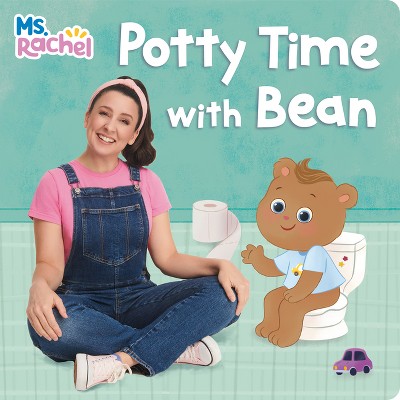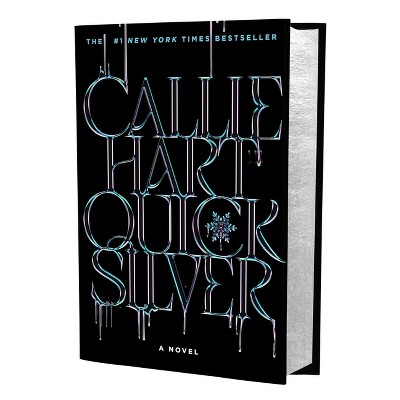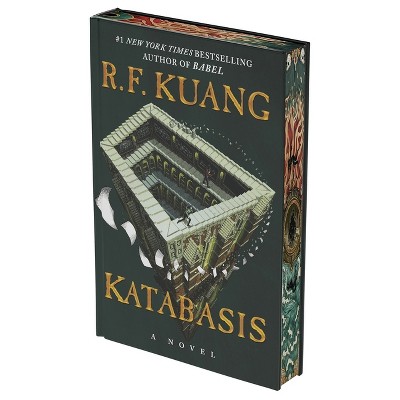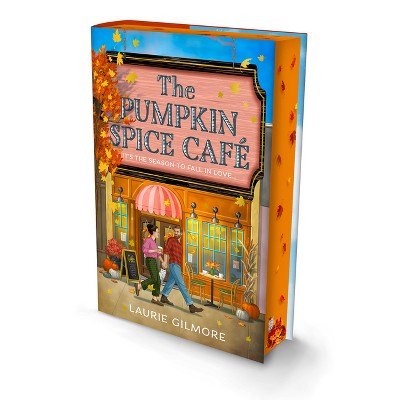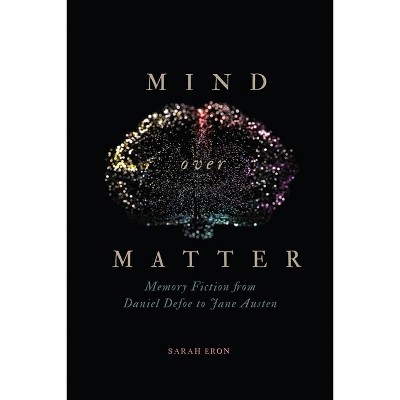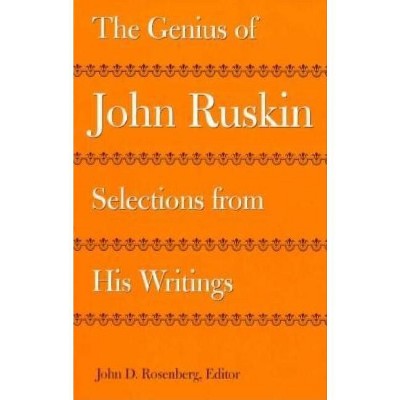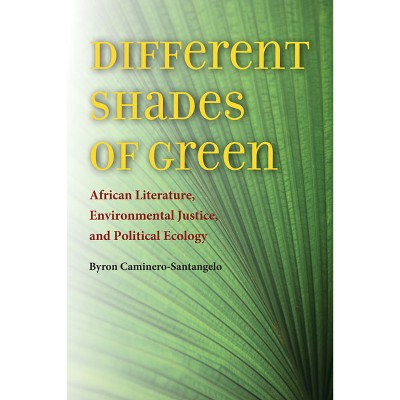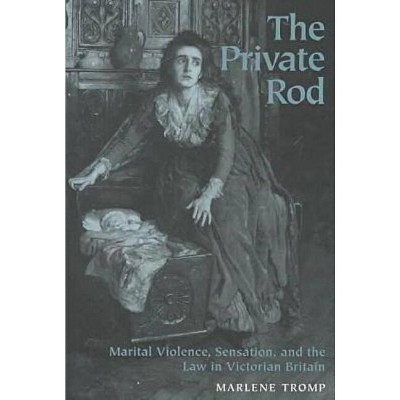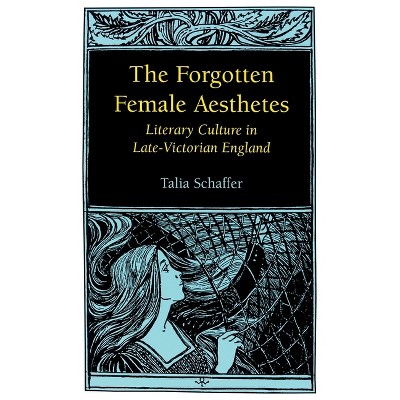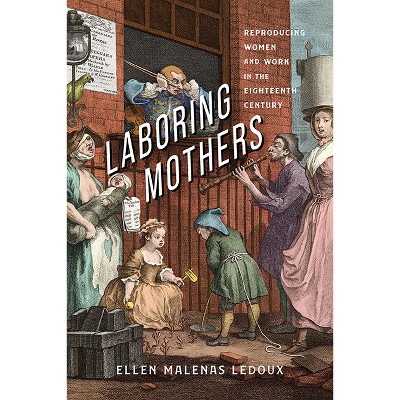About this item
Highlights
- Within key texts of Romantic-era aesthetics, William Wordsworth, S. T. Coleridge, and other writers and theorists pointed to the poet, naturalist, and physician Erasmus Darwin as exemplifying a lack of originality and sensibility in the period's scientific literature--the very qualities that such literature had actually sought to achieve.
- About the Author: Melissa Bailes is Associate Professor of English at Tulane University and the author of Questioning Nature: British Women's Scientific Writing and Literary Originality, 1750-1830 (Virginia).
- 282 Pages
- Literary Criticism, European
Description
About the Book
"This book renovates understandings of sensibility and its importance to the late eighteenth- and early nineteenth-century movement of scientific literature within genres such as poetry, novels, travel writing, children's literature, and even literary criticism that engage with the natural sciences, and especially with botany, by male and female writers, including Charlotte Smith, Anna Seward, Maria Riddell, Anna Barbauld, and Sydney Owenson, among many others"--Book Synopsis
Within key texts of Romantic-era aesthetics, William Wordsworth, S. T. Coleridge, and other writers and theorists pointed to the poet, naturalist, and physician Erasmus Darwin as exemplifying a lack of originality and sensibility in the period's scientific literature--the very qualities that such literature had actually sought to achieve. The success of this strawman tactic in establishing Romantic-era principles resulted in the historical devaluation of numerous other, especially female, imaginative authors, creating misunderstandings about the aesthetic intentions of the period's scientific literature that continue to hinder and mislead scholars even today.
Regenerating Romanticism demonstrates that such strategies enabled some literary critics and arbiters of Romantic-era aesthetics to portray literature and science as locked in competition with one another while also establishing standards for the literary canon that mirrored developing ideas of scientific or biological sexism and racism. With this groundbreaking study, Melissa Bailes renovates understandings of sensibility and its importance to the late eighteenth- and early nineteenth-century movement of scientific literature within genres such as poetry, novels, travel writing, children's literature, and literary criticism that obviously and technically engage with the natural sciences.
Review Quotes
Challenges one of the most commonly held misconceptions about the writing of the era--that the discourse of science became detached from sensibility and notions of originality over the course of the Romantic period . . . Regenerating Romanticism has much to offer anyone interested in the history and recuperation of women's writing in the Romantic period as well as those interested in the interrelation of science and literature during this time of experimentation and expansion in scientific discourse.-- "Eighteenth-Century Fiction"
Melissa Bailes's Regenerating Romanticism: Botany, Sensibility, and Originality in British Literature, 1750-1830 (University of Virginia Press) makes a significant contribution to re-inscribing the importance of women writers and writers of colour in scientific literature that was appropriated by now-canonical "big six" male writers of the Romantic period. Bailes proposes a new way of looking at the interactions between literature and science that decentres this framework of competition and which restores the significant contribution made by these overlooked writers.-- "The British Society for Literature and Science"
Regenerating Romanticism makes an important contribution to the ongoing work of expanding and reconsidering our understanding of Romantic-era literary history - and the establishment of what might be called a counter-canon - by detailing canonical male writers' successful efforts to recode sensibility so as to exclude women from literary recognition.
--Elizabeth A. Bohls, University of Oregon, Author of Slavery and the Politics of Place: The Colonial Caribbean, 1770-1833About the Author
Melissa Bailes is Associate Professor of English at Tulane University and the author of Questioning Nature: British Women's Scientific Writing and Literary Originality, 1750-1830 (Virginia).


